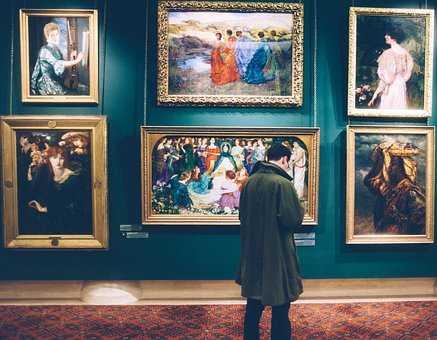The history of "creativity"
- Creativity, as a power belonging to an individual, doesn't go back very far. The first recorded usage of the word creativity came from the Oxford English Dictionary in the 17th century: 'In Creation, we have God and his Creativity.'
- In the 17th and 18th centuries, the creative power was thought of as divine. The idea of a secular creative ability in the imaginative arts didn't appear until the Romantic Era when the poet William Wordsworth addressed the painter and critic Benjamin Haydon: 'Creative art...demands the service of a mind and heart.'
- In the 1970s, writers reflected on the newness of the concept of creativity, that it was valuable and in need of encouragement.
- Before WWII, the word 'creativity' was then expressed as genius, originality, productivity, or even intelligence.
89
376 reads
CURATED FROM
IDEAS CURATED BY
The idea is part of this collection:
Learn more about problemsolving with this collection
Effective note-taking techniques
Test-taking strategies
How to create a study schedule
Related collections
Similar ideas to The history of "creativity"
Creativity is considered desirable
By its nature, creativity is individual, eccentric, and antagonistic to attempts to plan to organise it. An effort to manage creative people might result in only getting the appearance of creativity.
The categories of being creative, or a creative person, transitioned over time fr...
The history of Valentine's Day
Saint Valentine of Rome was added to the Catholic calendar by Pope Gelasius in 496. By the mid-17th century, the celebration of Valentine's day in England was customary.
The first commercial valentines day appeared in England at the end of the 18th century. They combined traditional symbo...
The meaning of "museum"
- The word "museum" comes from Ancient Greek "mouseion" which meant "seat of Muses." It was used as a place for contemplation.
- In Rome, "museum" was a place used for philosophical discussions.
- In the 15th century, the word "museum" was used to describe the collection of Lore...
Read & Learn
20x Faster
without
deepstash
with
deepstash
with
deepstash
Personalized microlearning
—
100+ Learning Journeys
—
Access to 200,000+ ideas
—
Access to the mobile app
—
Unlimited idea saving
—
—
Unlimited history
—
—
Unlimited listening to ideas
—
—
Downloading & offline access
—
—
Supercharge your mind with one idea per day
Enter your email and spend 1 minute every day to learn something new.
I agree to receive email updates
